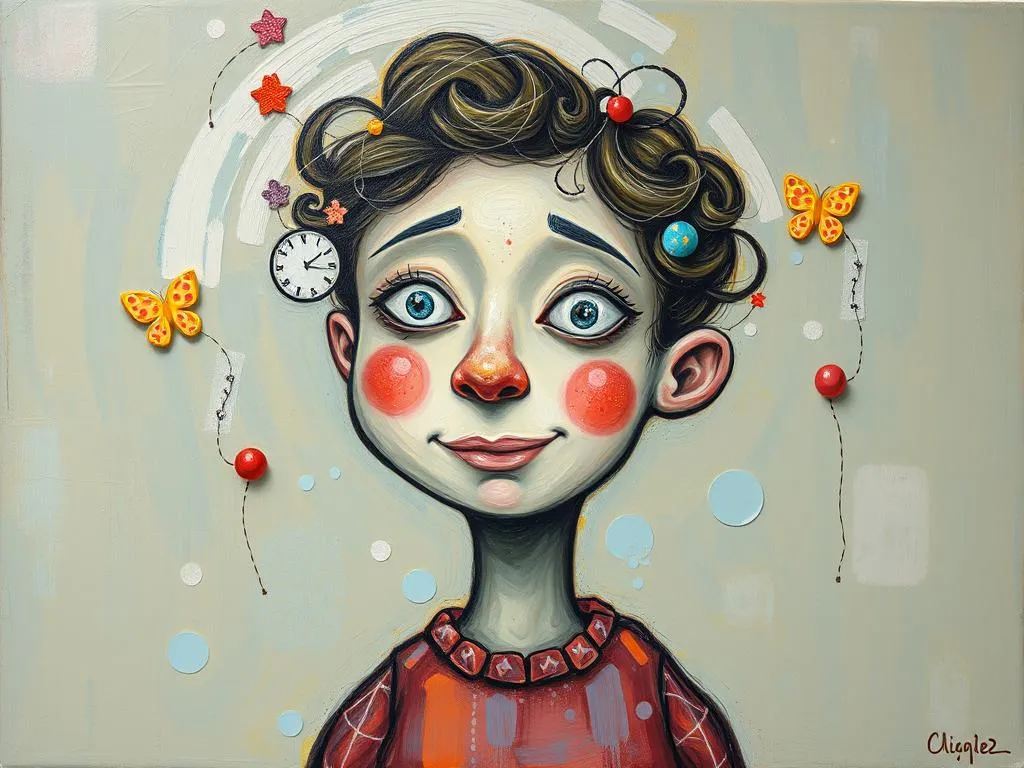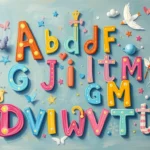
Introduction
Dreams have fascinated humanity for centuries, often serving as a window into our subconscious minds. Among the myriad of themes that emerge during our nightly escapades, the concept of control stands out as particularly intriguing. Many people find themselves in dreams where they grapple with control over various aspects of their lives or even the dream itself. This theme resonates deeply with our waking lives, where feelings of powerlessness or the need for control can shape our emotional landscapes. Understanding these dreams can offer valuable insights into our inner conflicts, desires, and aspirations, making the exploration of control in dreams both relevant and enlightening.
Symbolism and Meaning
When we delve into the symbolism of control in dreams, we encounter a myriad of common symbols that can illuminate our subconscious fears and desires. Control often manifests itself through various elements, such as vehicles, authority figures, or even the act of flying. The interpretation of these symbols can vary significantly depending on the context of the dream and the emotions experienced during it.
Vehicles, for instance, are powerful symbols of control. Dreaming of driving a car may signify the ability to navigate one’s life confidently. Conversely, finding oneself as a passenger or unable to steer the vehicle can indicate feelings of loss of control or vulnerability. This duality highlights the importance of context; if the dreamer feels anxious while driving, it may suggest underlying fears about where their life is headed.
Authority figures in dreams, such as parents, teachers, or bosses, can also represent control. If a dreamer is being reprimanded by an authority figure, it may reflect feelings of inadequacy or the pressure to conform to societal expectations. In contrast, dreaming of taking charge in a situation involving an authority figure can symbolize empowerment and the reclaiming of personal agency.
Another fascinating symbol associated with control is flying. Many people dream of soaring through the sky, which often signifies a sense of freedom and the ability to rise above challenges. However, dreams of struggling to stay aloft or crashing can indicate feelings of anxiety or a fear of losing control over one’s circumstances. These nuances in symbolism reveal how our subconscious processes the dynamics of power and agency in our lives.
Moreover, the emotional tone of the dream plays a crucial role in its interpretation. Dreams characterized by anxiety, fear, or frustration often signal unresolved issues related to control, while those that evoke feelings of joy, liberation, or triumph may suggest a more positive relationship with one’s ability to manage life’s challenges.
Key Scenarios and Variations
The dream of control can take many forms, and the specific scenarios encountered can significantly alter its interpretation. For example, a dream about losing control of a vehicle often signifies feelings of helplessness in real life. The dreamer may feel overwhelmed by responsibilities or situations that seem beyond their grasp. Alternatively, a dream featuring a helicopter or airplane may suggest a desire for a higher perspective on life’s challenges, indicating that the dreamer wishes to gain control by stepping back and viewing situations from a more detached viewpoint.
Another scenario involves conflict with others, where the dreamer finds themselves arguing or struggling with someone else. This may reflect internal conflicts or power struggles in waking life, particularly in relationships. If the dreamer emerges victorious in the confrontation, it can symbolize a resolution of these conflicts or an assertion of personal power. Conversely, being defeated or feeling trapped can indicate feelings of oppression or the need to assert oneself more effectively in waking life.
Recurring dreams about control, such as frequently dreaming about being chased or pursued, can point to unresolved fears or anxieties. The act of running away often signifies avoidance of a situation that feels threatening or out of control. Understanding the specifics of what or who is pursuing you in the dream can reveal deeper fears or insecurities that may need to be addressed.
Additionally, the dreamer’s response to these scenarios matters greatly. For instance, if someone dreams of being in an elevator that suddenly drops, this can evoke feelings of panic and loss of control. However, if the dreamer takes decisive action, such as pressing the emergency button, it can symbolize a proactive approach to overcoming challenges in real life. The act of taking control in a dream is often a reflection of the dreamer’s ability or desire to assert themselves in their waking life.
Real-Life Connections and Takeaways
To connect the themes of control in dreams to real-life situations, it’s essential for readers to engage in self-reflection. One practical approach is to keep a dream journal. By documenting dreams involving control, readers can identify patterns and recurring symbols that resonate with their waking life experiences. This practice allows individuals to explore their feelings of empowerment or helplessness and gain insight into areas where they may need to assert more control.
Another effective strategy is to consider the context of one’s life when interpreting these dreams. Reflecting on current life circumstances, such as work, relationships, or personal challenges, can provide clarity on why control emerges as a theme in dreams. For instance, someone facing a demanding job or a challenging relationship may dream about authority figures or confrontations more frequently. Recognizing these connections can help individuals understand the anxieties or desires that drive their subconscious mind.
Additionally, actively practicing mindfulness can help in addressing feelings of losing control. Engaging in mindfulness exercises, such as meditation or deep breathing techniques, can foster a sense of calm and centeredness. By grounding oneself in the present moment, individuals can develop a greater capacity to manage stress and regain control over their thoughts and emotions.
Encouraging readers to explore their emotions surrounding control can also lead to significant insights. Reflect on moments when you felt in control versus times when you felt overwhelmed. Consider the choices you made in both situations and how those choices shaped your experiences. Understanding the dynamics of control in your life can empower you to make more conscious decisions moving forward.
Finally, it’s crucial to remember that dreams serve as a canvas for our subconscious minds. They often reflect our innermost thoughts, fears, and desires, providing an opportunity to confront and explore these aspects of ourselves. By approaching dreams about control with curiosity and openness, readers can embark on a journey of personal discovery and growth.
In conclusion, dreams about control encompass a rich tapestry of symbols and scenarios that reflect our subconscious struggles and desires. By analyzing these dreams and connecting them to our waking lives, we can gain valuable insights that empower us to navigate the complexities of our existence with greater confidence. Embrace the opportunity to explore the depths of your dreams, and allow them to guide you toward a more profound understanding of yourself and your relationship with control.







